

Co-published by Newsweek.
On election night last November, Nathan Damigo, a 30-year-old white nationalist and student at California State University, Stanislaus, met up with friends in the Northern California city of Folsom. As they bounced from bar to bar, it became clear that Donald Trump was outperforming most polls.
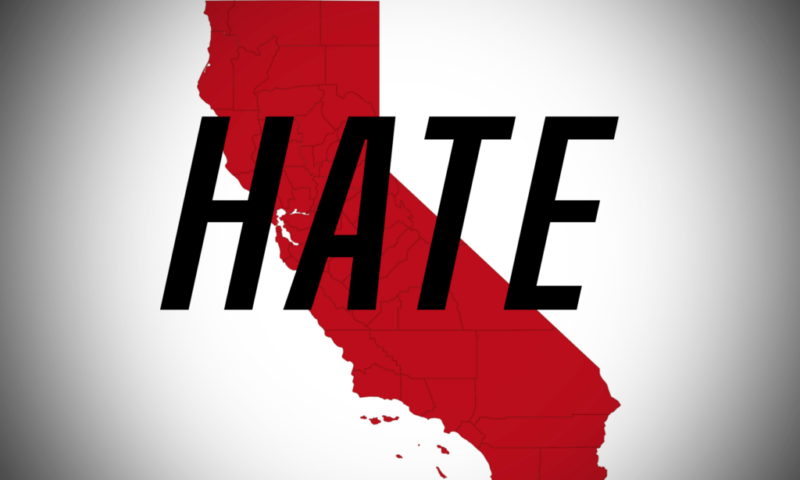

A new series exploring how, despite California’s resistance to Donald Trump, white nationalism and extremism are alive and well in the nation’s most diverse state.


Earlier this month, the Seattle City Council voted not to renew its contract with Wells Fargo, pulling more than $3 billion in city funds from the Wall Street giant. And rightly so—Wells Fargo defrauded over two million of its own customers.


Co-published by Fast Company
In today’s concluding interview installment, environmental activist and progressive philanthropist Tom Steyer discusses, among other subjects, the Keystone pipeline, unions and the promise of green-energy jobs.
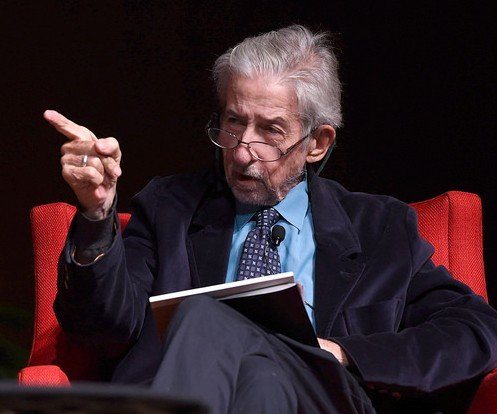

Actress Alfre Woodard teared up as she read from the introduction to Tom Hayden’s 1988 book, Reunion, at the memorial honoring his life this past Sunday at UCLA.


George W. Bush believed that God wanted to make him President. We can only guess what President Trump thinks about God’s role in his election.
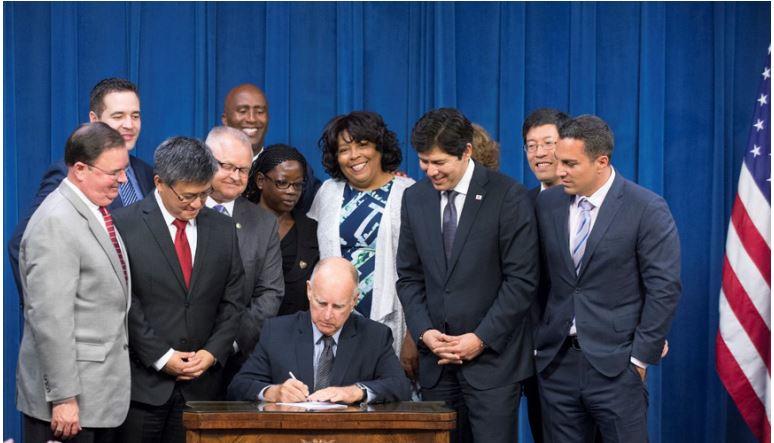
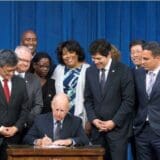
A landmark, IRA-type retirement savings program created for millions of Californians, came under threat last week when House Republicans passed a joint resolution aimed at blocking states from setting up such payroll savings plans.
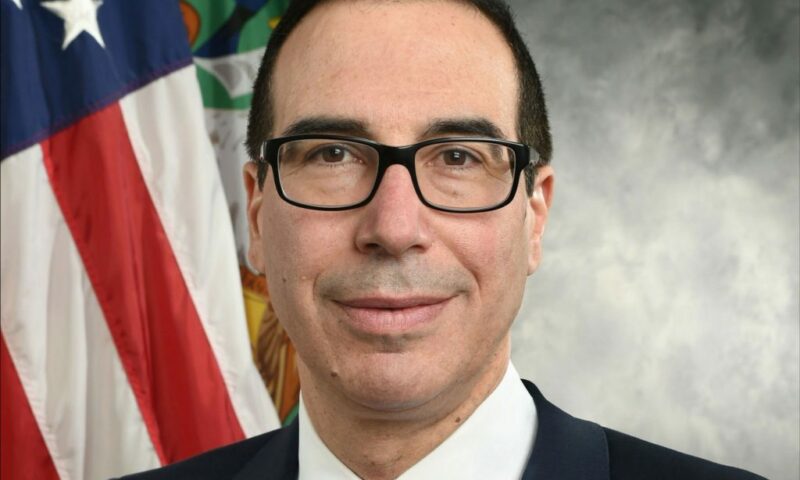
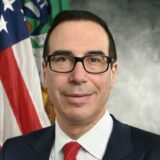
Last Monday the Senate Republicans confirmed Wall Street predator Steve Mnuchin to oversee America’s financial industry. Across the country, bankers and hedge fund managers poured champagne while showing clips of Michael Douglas’ “greed is good” speech from the film Wall Street.
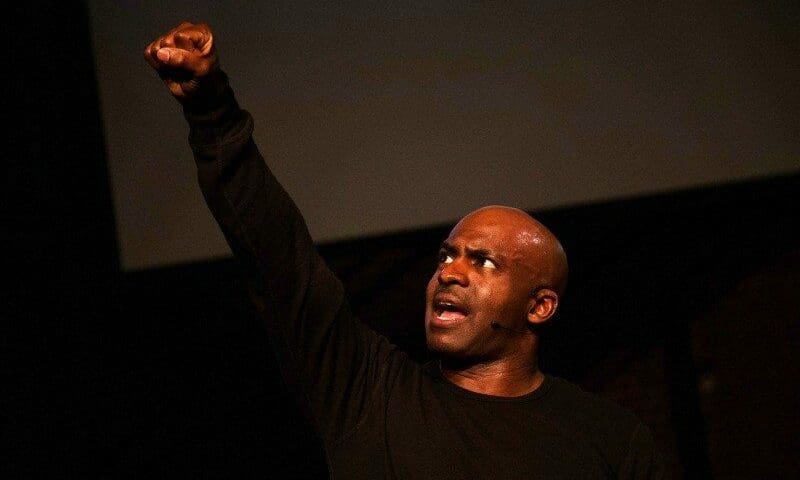

Somewhere in the middle of Bryonn Bain’s soulful one-of-a-kind show, the playwright/poet/performer recounts an interview between himself and a public defender.
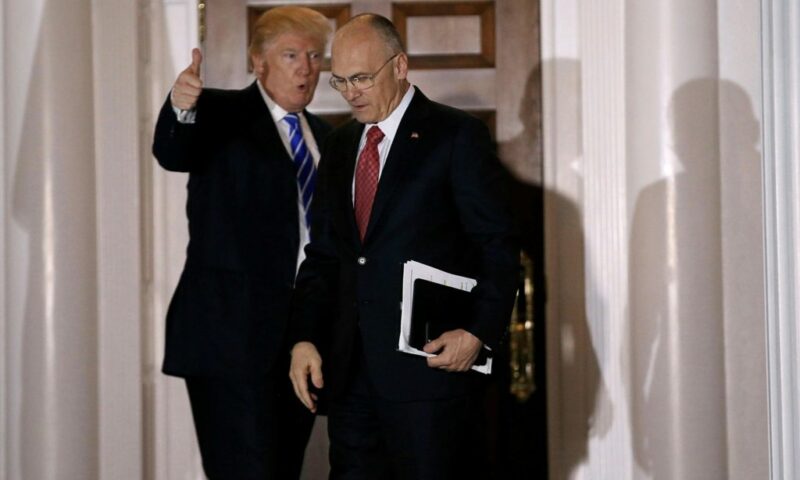

Andrew Puzder, whose nomination by President Donald Trump to head the Department of Labor ignited heated controversy even against a field crowded with contentious cabinet picks, withdrew his name from consideration Wednesday afternoon.
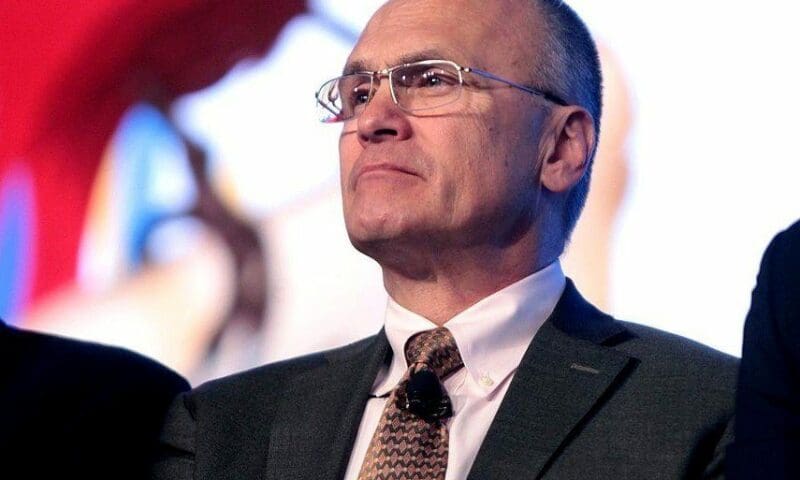

Co-published by Newsweek
Capital & Main has discovered a lawsuit by a former corporate executive alleging sex discrimination and sexual harassment by Donald Trump’s Labor Secretary nominee, Andrew Puzder, and other male executives at CKE Restaurants.
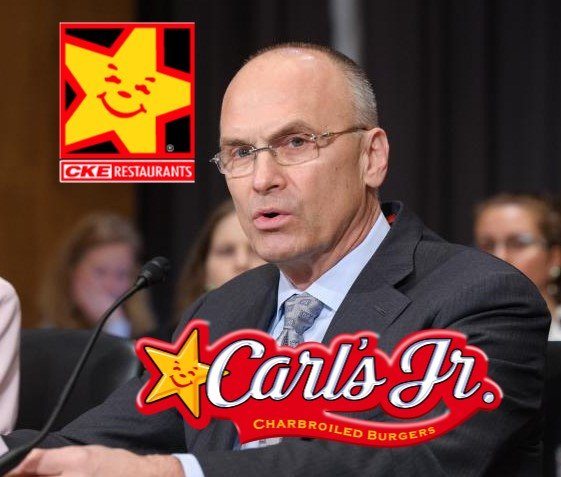

Over the past few weeks, Capital & Main has interviewed half a dozen current and former managers at CKE, the company run by labor secretary nominee Andrew Puzder. We asked them about their experiences working with Puzder and inside the company he oversaw. Here are some excerpts from our interviews.
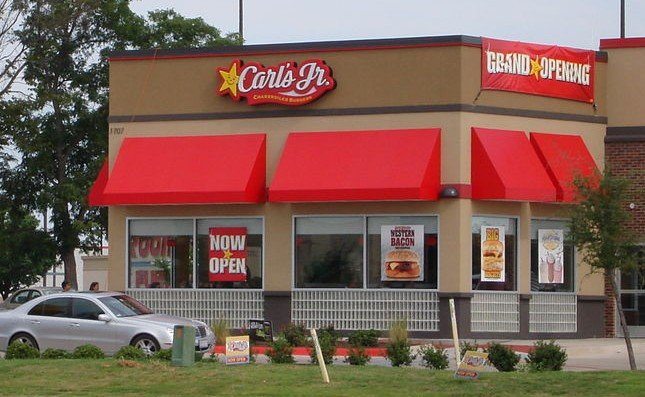

During a six-week investigation of President Trump’s nominee for Secretary of Labor, Andrew Puzder, Capital & Main has found a widespread pattern of alleged employee abuse at CKE Restaurants, of which Puzder has been CEO since 2000.


Gay historian, activist and kindhearted bohemian bon vivant, Stuart Timmons passed away peacefully on a recent Saturday morning, not long after recovering from a bout with pneumonia.


Filing taxes used to be a routine process for Tanya James -– until the Great Recession upended her financial life.
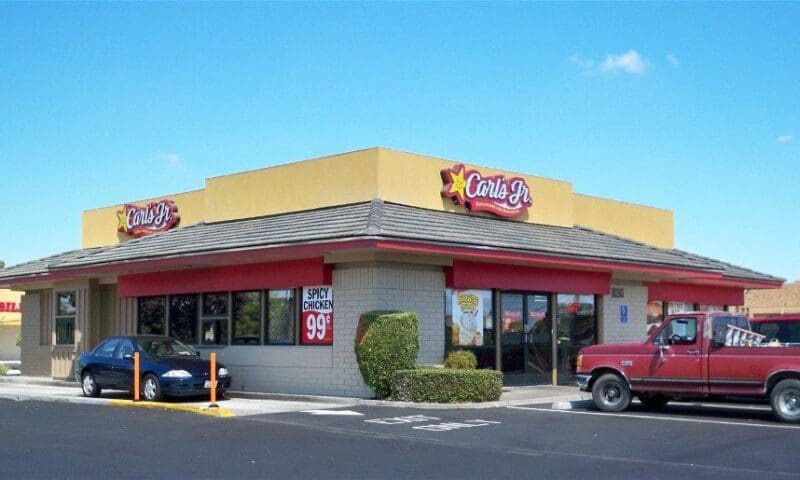

Co-published by The American Prospect
When Andrew Puzder faces Senate hearings next week on his nomination as labor secretary, much of the questioning will focus on his management of CKE Restaurants, the Carpinteria-based franchiser of the national Hardee’s, Carl’s Jr., Green Burrito and Red Burrito fast-food chains.


Co-published by Fast Company
Andrew Puzder, who is President Trump’s nominee for labor secretary, has called his workers the “best of the worst” of the American workforce, and once noted of his store managers, that “you’re lucky if they have a high school diploma.”
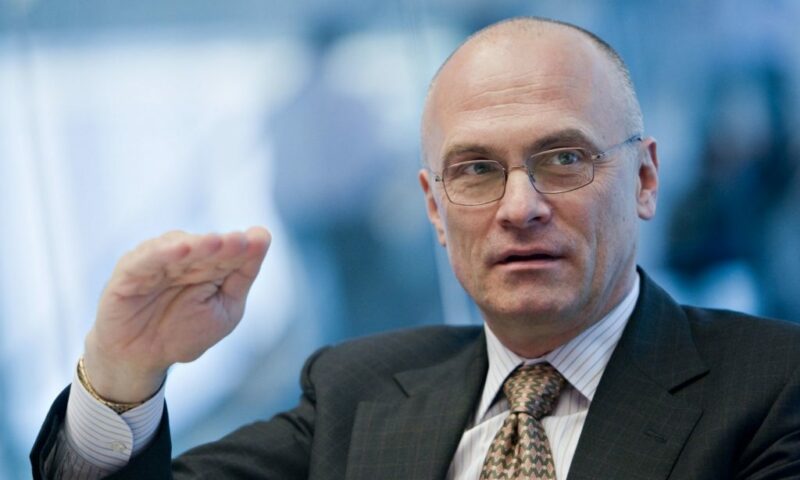

Co-published by International Business Times
Torrance Chambers has been calling Andy Puzder for weeks. The Hardee’s restaurant employee says his store issues paychecks only in the form of a prepaid Visa debit card, and that it comes with fees.
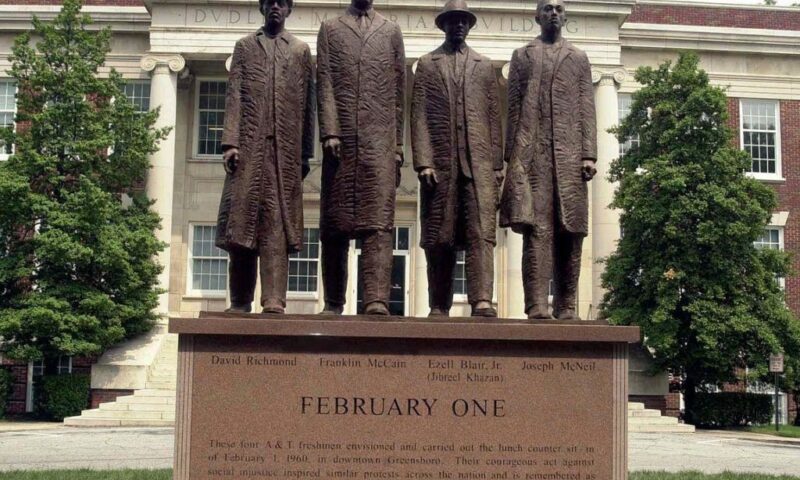
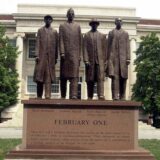
Late in the afternoon of February 1, 1960, four young black men — Ezell Blair Jr., David Richmond, Franklin McCain, and Joseph McNeil, all students at North Carolina Agricultural and Technical College in Greensboro — visited the local Woolworth five-and-dime store.
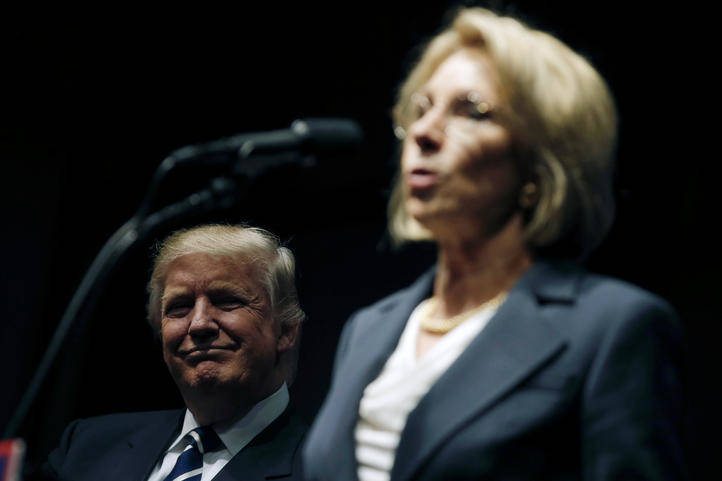

As the Senate confirmation vote for Betsy DeVos, Donald Trump’s nominee for Secretary of Education, comes down to the wire, many Arizona education advocates worry that the nominee’s radical priorities will only compound the problems facing a state that already represents a grim vision of what DeVos will push for the rest of the country. The opponents of DeVos are pushing hard to convince Arizona Senators John McCain and Jeff Flake to vote against her confirmation.
Arizona is no stranger to DeVos’ program of charter schools, vouchers and deregulation, which allows taxpayer dollars to follow students, regardless of whether it’s for public schools, charter schools, virtual schools, private and religious schools or home-based schools. The solidly Republican state passed its charter law in 1996 and, like many other parts of the country, saw a huge expansion of charter schools, including so-called online virtual academies.
It also has funneled hundreds of millions of dollars in taxpayer money to private schools – part of a first-in-the-nation tax credit for private education that was supposed to primarily benefit special needs and low-income students.